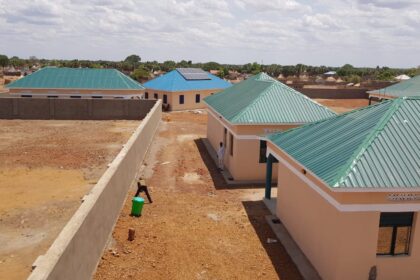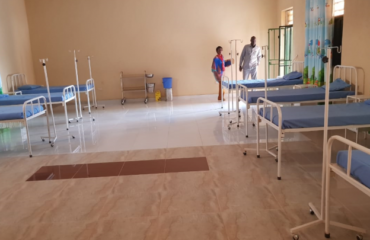
Despite many advances in healthcare in South Sudan, women and children in low-income communities continue to die in high numbers during childbirth, and children from preventable diseases like respiratory infections, malaria and diarrheal disease. CMW’s public health focus therefore continues to be on the reduction of maternal and child mortality in vulnerable communities through innovative health, water, sanitation and hygiene (WASH) and nutrition programmes. CMW’s health programmes work closely with local communities, civil society and government structures to address local and local gaps in healthcare provision. Stakeholders work together to design, implement and monitor programmes that strengthen the health system and have people at the center of their own development.
CMW has adopted the behavior change approach to health promotion and disease prevention, whereby communities are empowered to identify their barriers and challenges to uptake healthy practices and develop their own sustainable solutions. We are using a number of approaches across various THE Greater Northern Bhar el Ghazal region, including Care Groups and Mother-to-Mother groups. All of these approaches work to improve the health status of families through discussion, problem solving and with full consideration of the delivering roles of men, women, children and key opinion leaders to achieve community transformation
We train traditional birth attendants in pregnancy mapping, counseling and referral, and institutional delivery and postnatal care services. We also train Community Health Workers on various issues, such as unwanted pregnancies; HIV and AIDS; the basic prevention and management of outbreaks of diseases like malaria, acute watery diarrhea and measles
Cholera and other waterborne diseases continue to affect those living in poverty in the Greater Northern Bhar el Ghazal region. As part of our cholera response project, we’re appealing to NGOs, churches, governments and well-wishers to help us construct 151 latrines and drill 61 water points. This will provided almost 5,000 people living in areas with a high risk of potential cholera outbreak with improved access to water sources.
